More Effective Health Care for Stroke Patients Through Telemedicine
- 733 просмотра
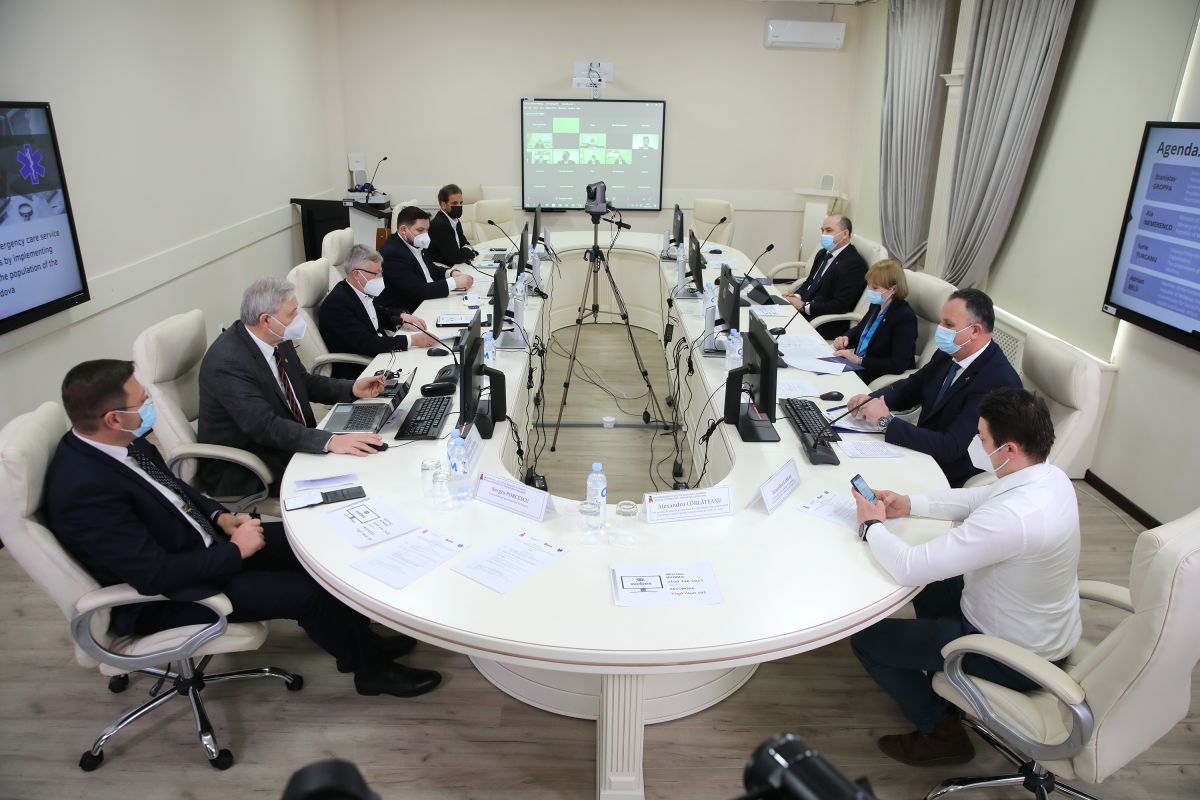
Stroke patients, in particular those from rural areas, will benefit from faster health care, but also from remote monitoring and consultations at an early stage due to telemedicine. On February 4, 2022, Nicolae Testemitanu State University of Medicine and Pharmacy launched a national project entitled "Organizing Emergency Care for Stroke Patients by Implementing Telemedicine among the Population of the Republic of Moldova", in partnership with the Emergency Medicine Institute, Society of Neurologists of the Republic of Moldova, Angels Initiative Community and Allm North America Inc.
This project maintains the continuity of government actions and policies set for the health system, scientists and the University, in order to deliver a high quality medical act. "The significance of organizing the emergency care service for stroke patients is determined by the fact that in the Republic of Moldova every hour a patient has a stroke, and every hour and a half a person dies of stroke. There are about 80,000 registered stroke patients in the country, this unfortunate disease causes a high mortality and disability rate and, respectively, decreases the quality of life. With the help of advanced technologies, it is now possible to reshape the health system, through regionalization strategies and by prioritizing high competence centers", specified, at the launch conference, the program coordinator - university professor Stanislav Groppa, Head of Neurology Department No. 2 of Nicolae Testemitanu State University of Medicine and Pharmacy, President of the Society of Neurologists of the Republic of Moldova, Director of the Department of Neurology and Neurosurgery at the Emergency Medicine Institute. Academician Groppa added that for the accomplishment of this mission, the University was ready to provide logistical, scientific and methodological assistance, as well as continuous staff training.
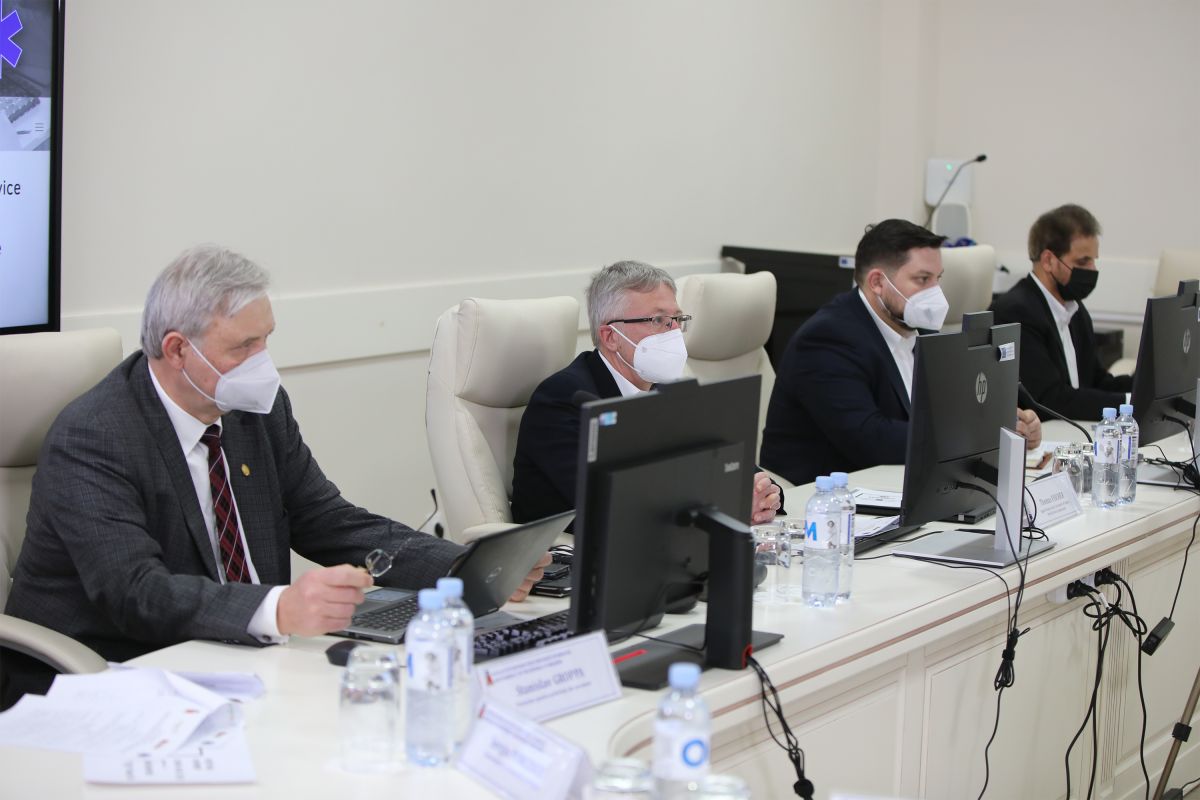
The event was attended by Health Minister Ala Nemerenco, who specified that in this way chances of survival and first aid would be offered to stroke patients. "One of the basic priorities is to ensure sufficient diagnostic capabilities at national level, the regionalization of some services, because this is very important in establishing an accurate diagnosis in a timely manner, which helps to make the right decision for the next stage of intervention. Patients with such pathologies require multidisciplinary specialist care in a specialized Stroke unit and some of these patients need additional high-tech interventions”. The official has stressed that the Republic of Moldova must align with world health policies requiring rapid interventions and come up with solutions and that this project fronted by Nicolae Testemitanu University should meet many of these conditions.
According to Iurie Turcanu, Deputy Prime Minister for Digitalization, for the first time, the Government of the Republic of Moldova has included in its activity plan a separate chapter dedicated to digitalization, in support of all other fields, the digitalization of health system constituting a priority for this year. "It is planned to develop registries specialized in the monitoring of various diseases, telemedicine having a special place among these digital tools. The project launched today by a team of experts will help remotely, allowing to collect information about the patient while he/she is taken by ambulance to a regional hospital. The official also announced that authorities would suggest other telemedicine platforms in order to carry out online consultations, a patient's electronic file should be implemented, etc.
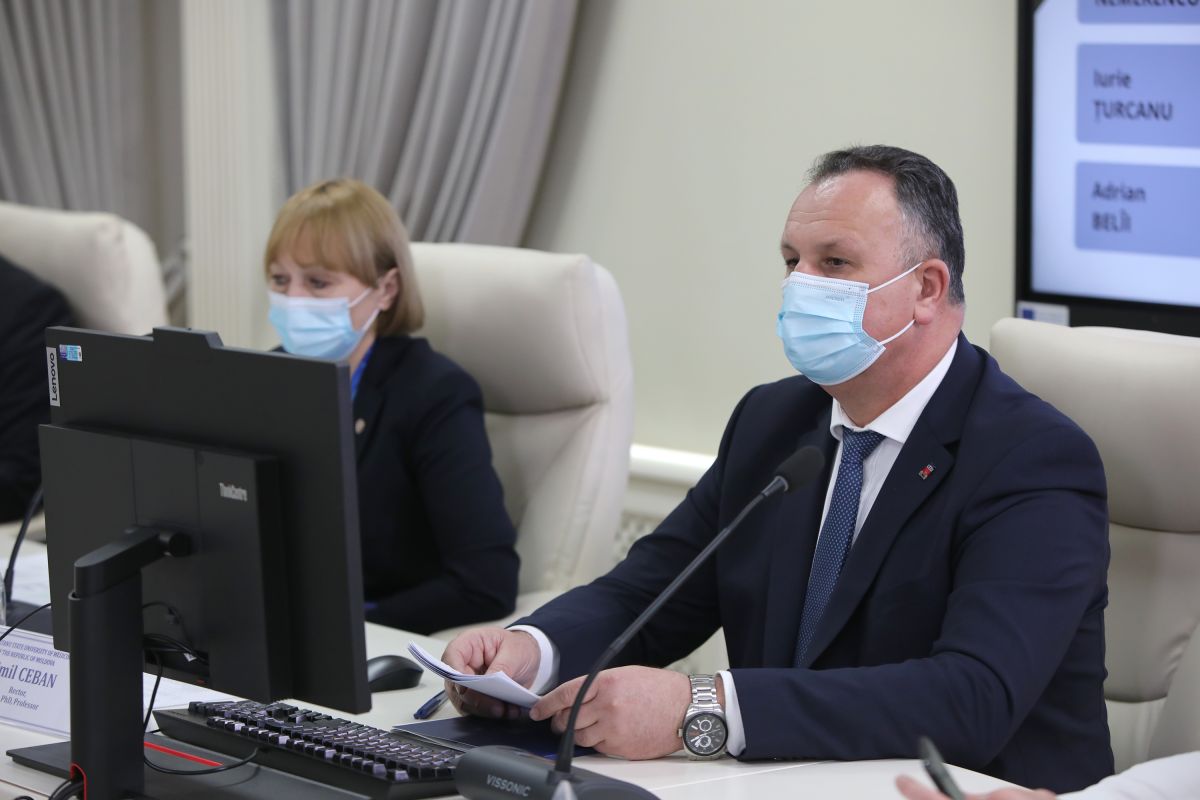 In the opinion of Nicolae Testemitanu University Rector Emil Ceban, telemedicine offers opportunities that are far superior to those given by classical medicine: it will reduce costs, specialists will be able to communicate very quickly and efficiently with patients and among themselves, it will eliminate the distance, reaching rural areas. "For the scientific-didactic team of the University, this forum opens new horizons and prospects for restructuring the teaching process and training new generations of doctors, pharmacists, dentists, optometrists and nurses with higher education, ready to work in telemedicine in the near future", mentioned the Rector.
In the opinion of Nicolae Testemitanu University Rector Emil Ceban, telemedicine offers opportunities that are far superior to those given by classical medicine: it will reduce costs, specialists will be able to communicate very quickly and efficiently with patients and among themselves, it will eliminate the distance, reaching rural areas. "For the scientific-didactic team of the University, this forum opens new horizons and prospects for restructuring the teaching process and training new generations of doctors, pharmacists, dentists, optometrists and nurses with higher education, ready to work in telemedicine in the near future", mentioned the Rector.
Thomas Fischer, General Manager of Angels Initiative Project, says he is honored to participate in the project jointly with a team of professionals guided by academician Stanislav Groppa - a leader in the field not only in the Republic of Moldova but also in Europe. "Digitalization, virtual intelligence and artificial intelligence are tools that will help us to advance, and specialists who will use these tools are even more important in terms of impact on adequate stroke treatment and enhanced education in the area. Thus, the development of this field - connections, processes and communication - the improvement of patients' health and the support of their relatives depend on specialists, as well as the success of this project", added the expert.
According to Harry Reddy, CEO of Allm North America Inc., telemedicine will facilitate the delivery of health care, and through this project, health professionals want not only to save as many lives as possible, but also to reduce cases of disability after stroke by shortening the distance between patient and doctor.
Deputy Adrian Belii, Vice-President of the Parliamentary Commission for Social Protection, Health and Family, University Professor at Valeriu Ghereg Department of Anesthesiology and Resuscitation No. 1 of Nicolae Testemitanu University, believes that currently there is support from all actors involved in the project - a center of excellence and mentoring in the field of neurology at the Emergency Medicine Institute headed by academician Groppa and his team and the permanent support of Nicolae Testemitanu University, which offers didactic, scientific and methodological assistance for all segments. Adrian Belii has also appreciated the support of foreign partners and the health system digitization policies established at government level.
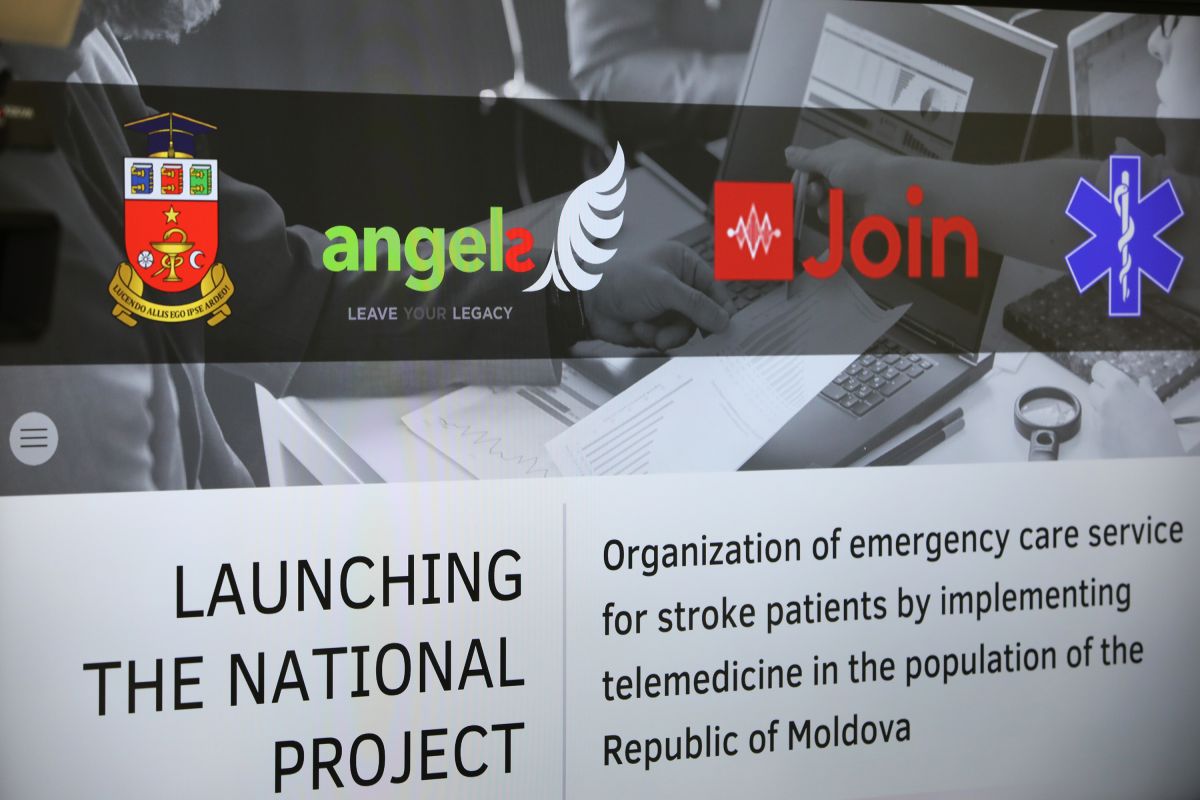
Stroke is the second leading cause of death in the Republic of Moldova, after cardiovascular disease. It is estimated that stroke will become the leading cause of death worldwide by 2030, reaching approximately eight million deaths annually.
Telemedicine services allow hospitals without local expertise in the treatment of stroke to connect patients and neurologists who specialize in the field. Using video footage, experts can virtually examine an individual with symptoms that suggest a stroke at a distance, analyze radiological investigations, and make recommendations on the best treatment plan. Stroke telemedicine improves prognosis and can save lives.
The establishment of a comprehensive stroke center and the implementation of stroke telemedicine will allow: the creation of networks that facilitate the understanding of contextual factors, in terms of differences between countries, values of innovation and climate of implementation; a quality record that provides a cohesive picture of the stroke treatment implementation; dissemination of results to key stakeholders (e.g. hospitals and the Ministry of Health) to introduce new mechanisms aimed at improving stroke outcomes.
Telemedicine with "two-way" video conferencing equipment that provides health services or assists remote medical staff is a feasible, valid, and justified method of facilitating thrombolysis for patients remotely or in rural hospitals, when immediate transportation of patients by land or by air is not possible. The quality of treatment, the frequency of complications and the short- and long-term prognosis through a telemedicine consultation for patients treated with rtPA at local hospitals are similar to those treated in university hospitals. The implementation of telemedicine will reduce stroke health care disparities and will enhance treatment outcomes.
Preluarea informației de pe site-ul USMF „Nicolae Testemițanu” poate fi efectuată doar cu indicarea obligatorie a sursei și a linkului direct accesat pe www.usmf.md.

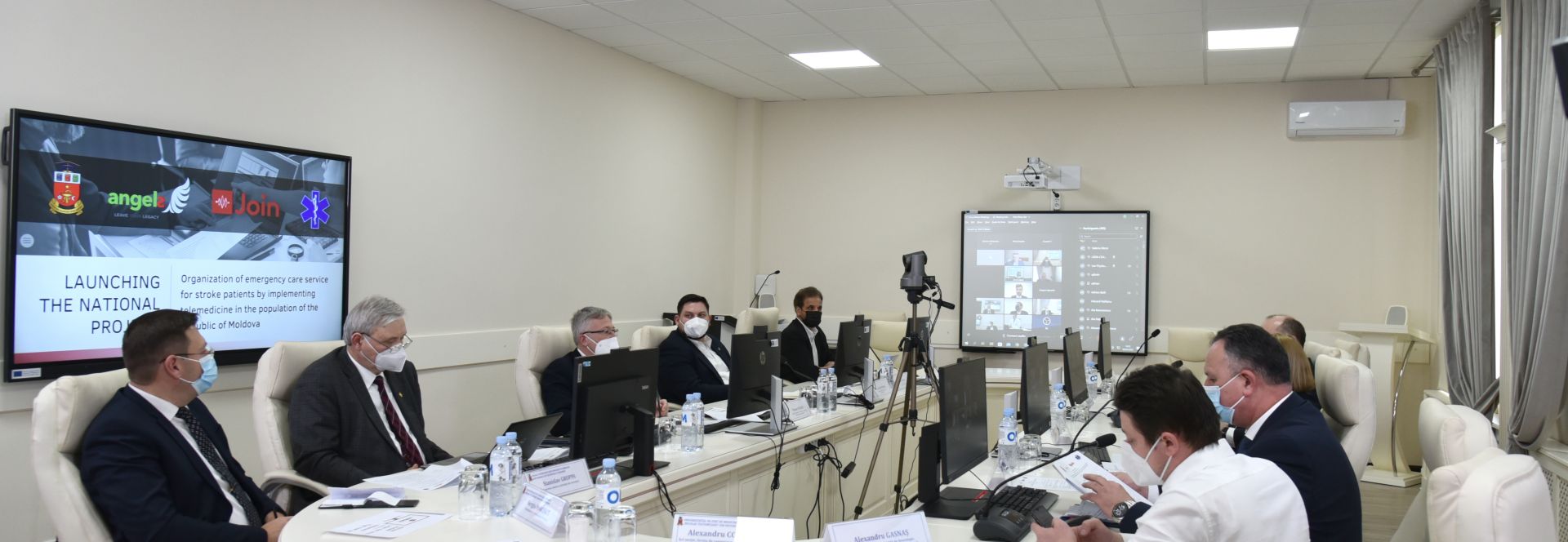
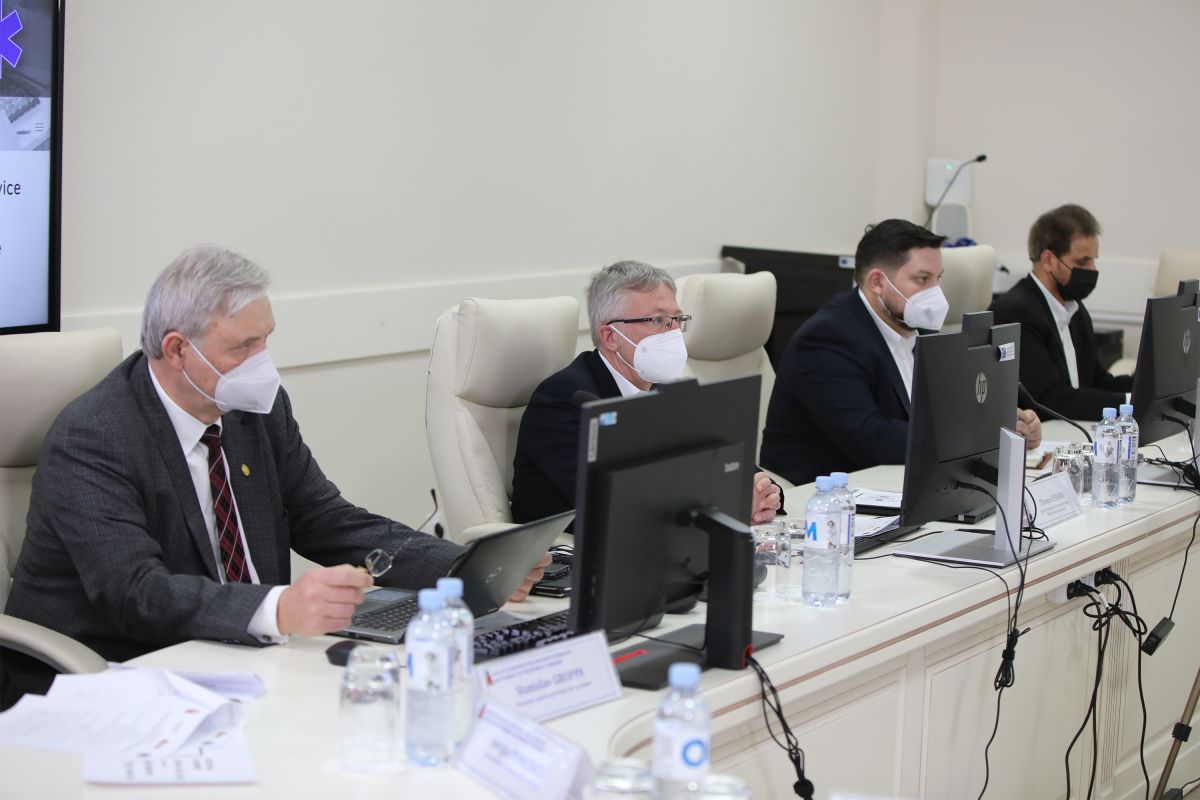
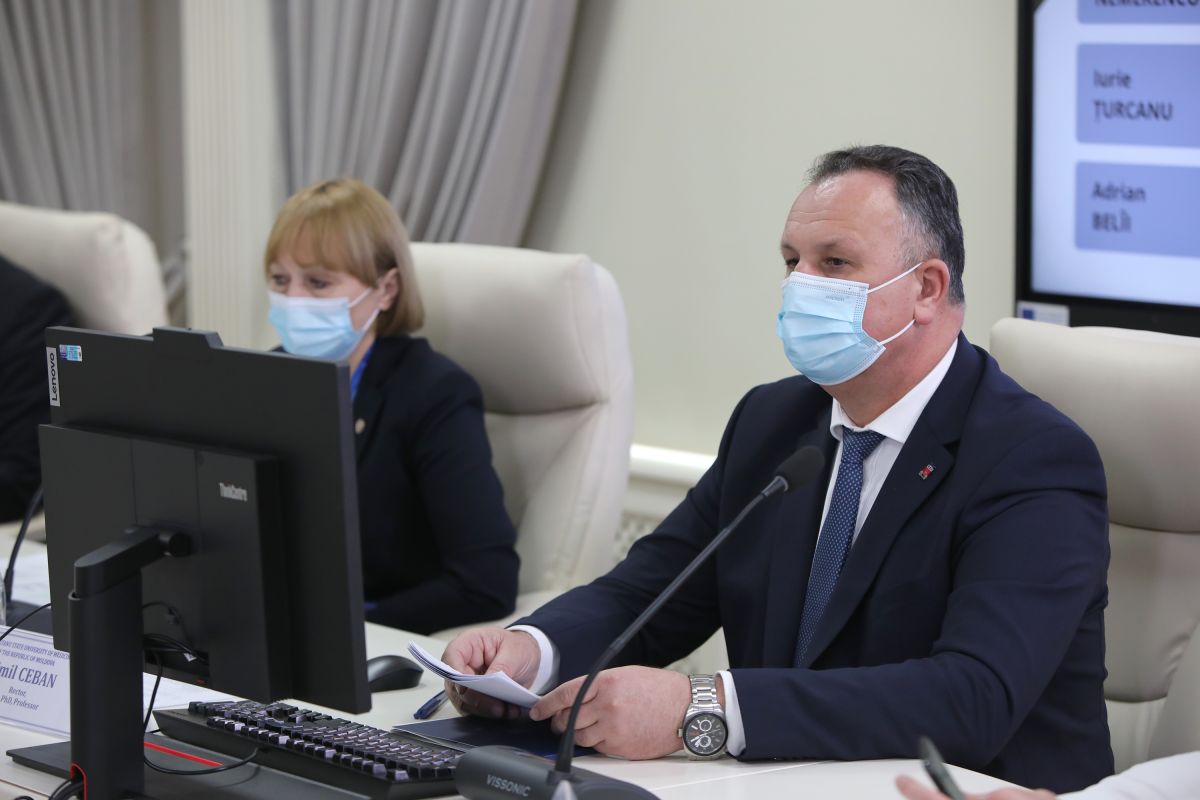
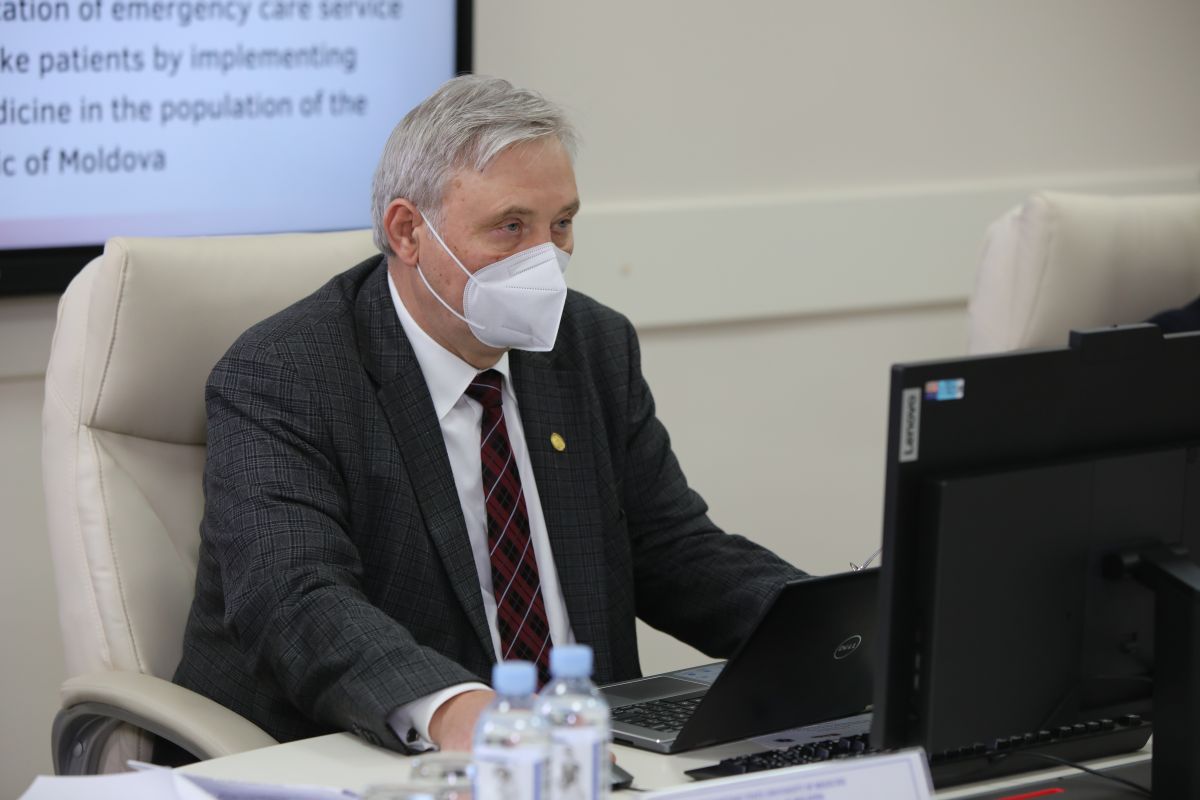
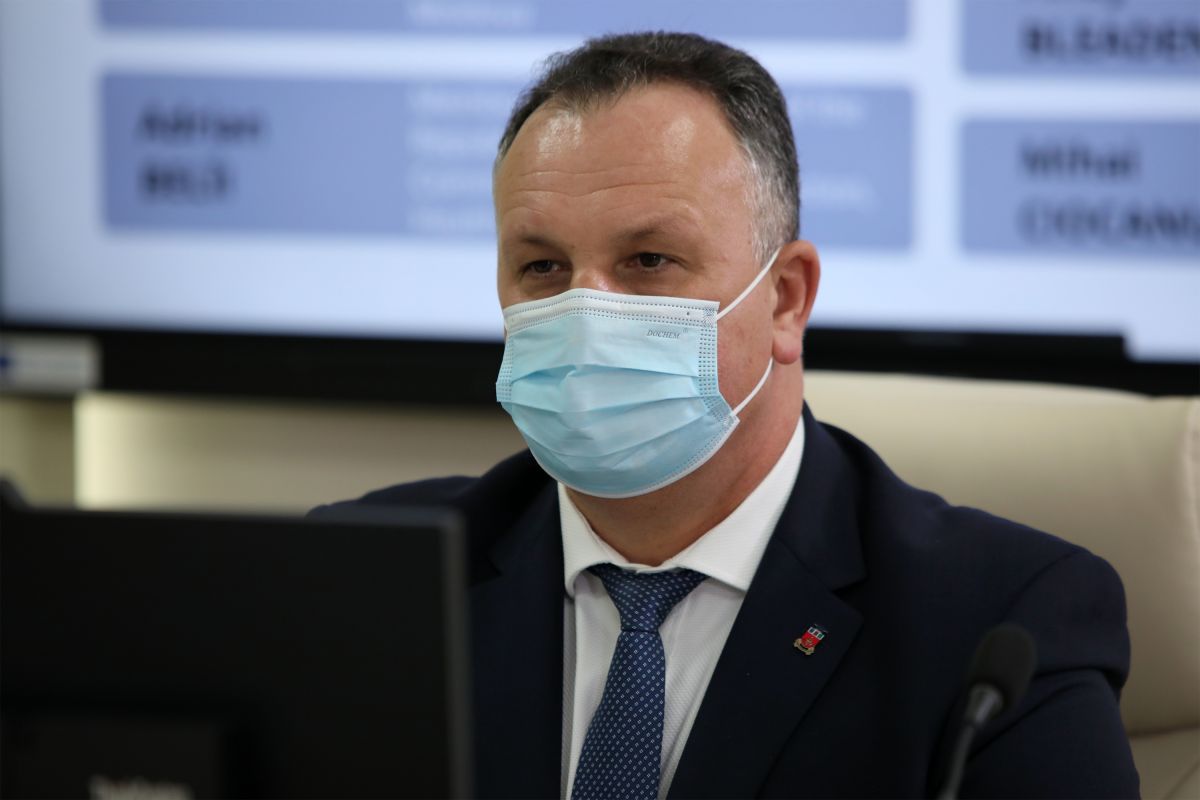
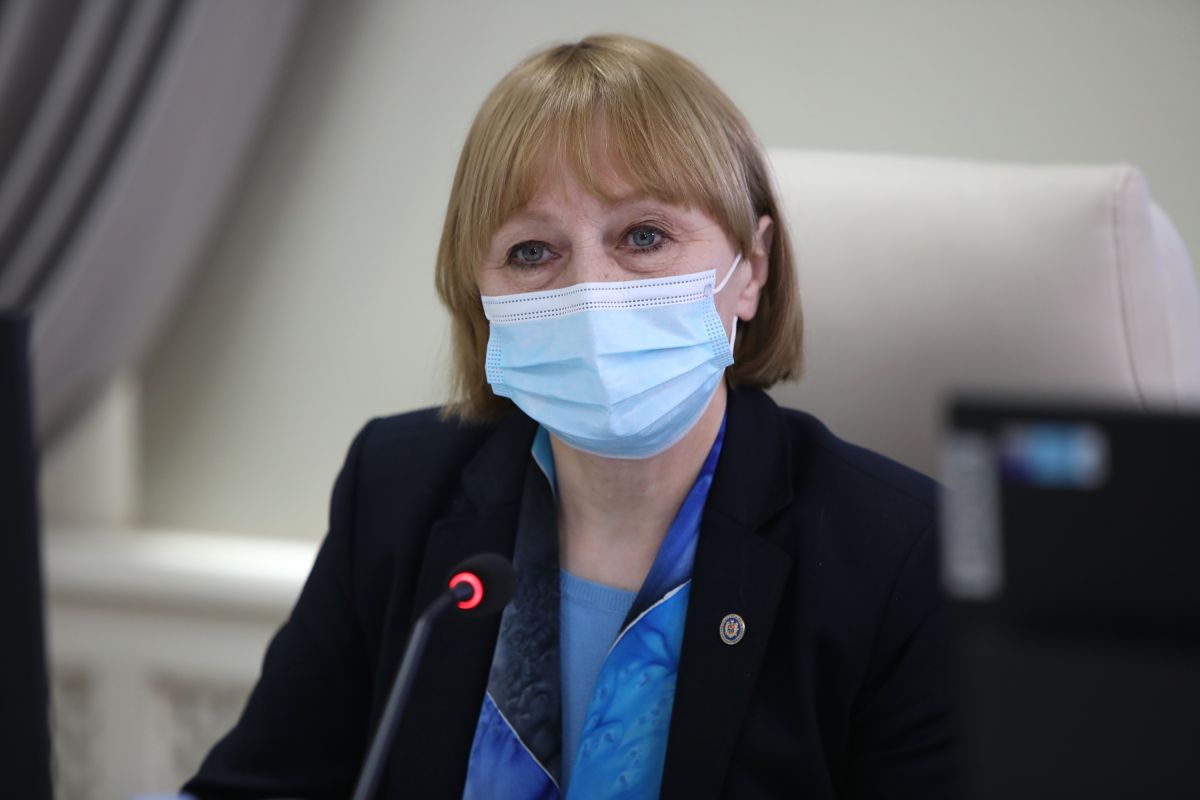
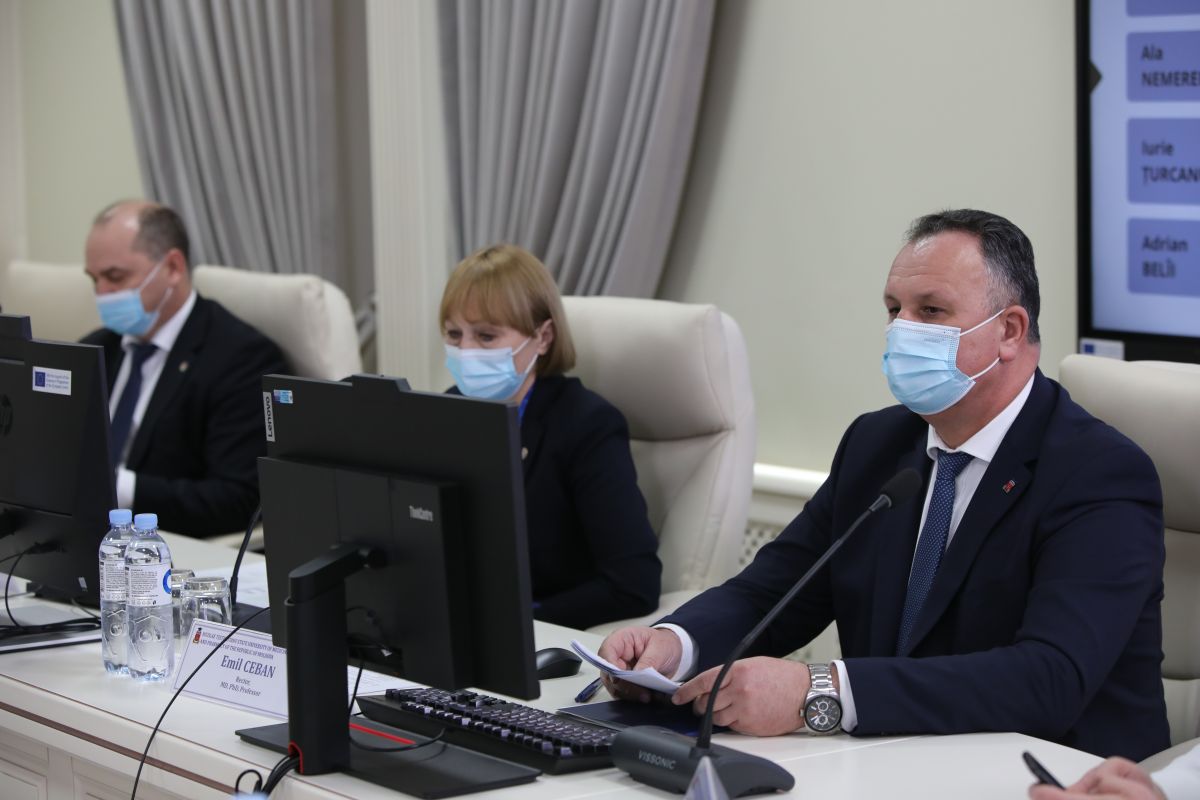
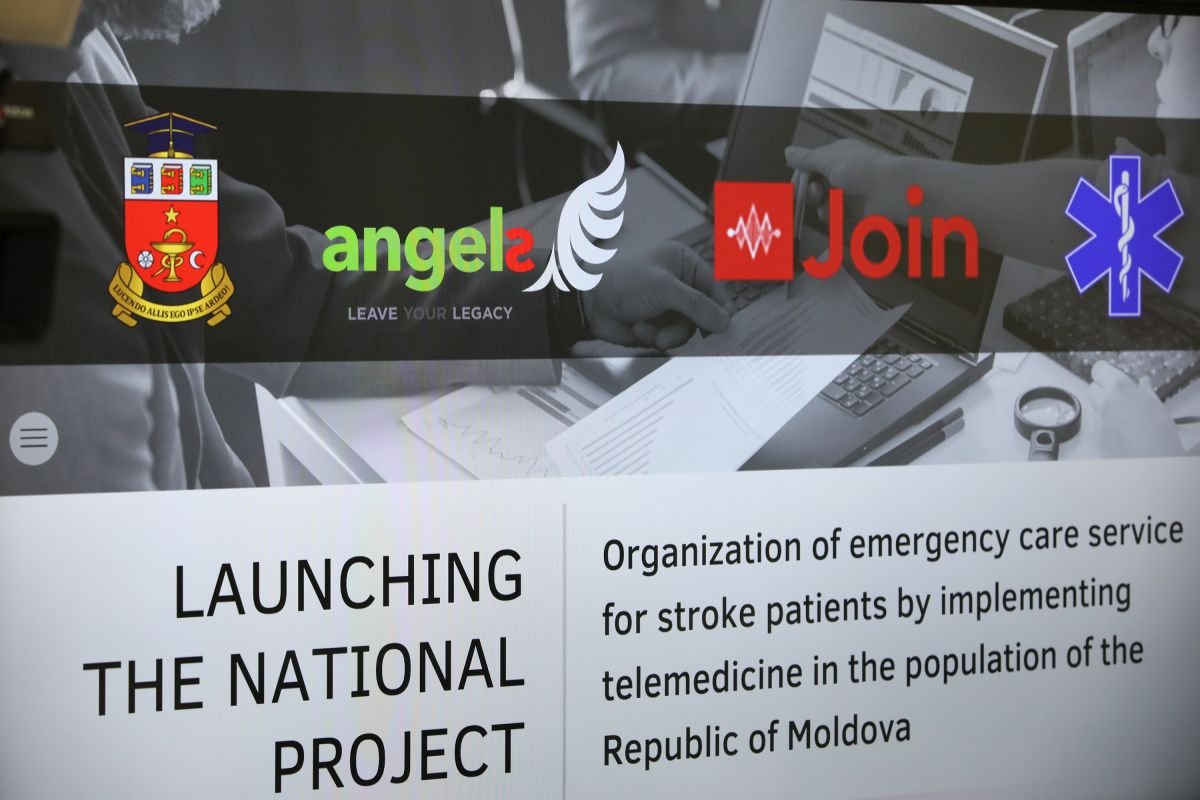
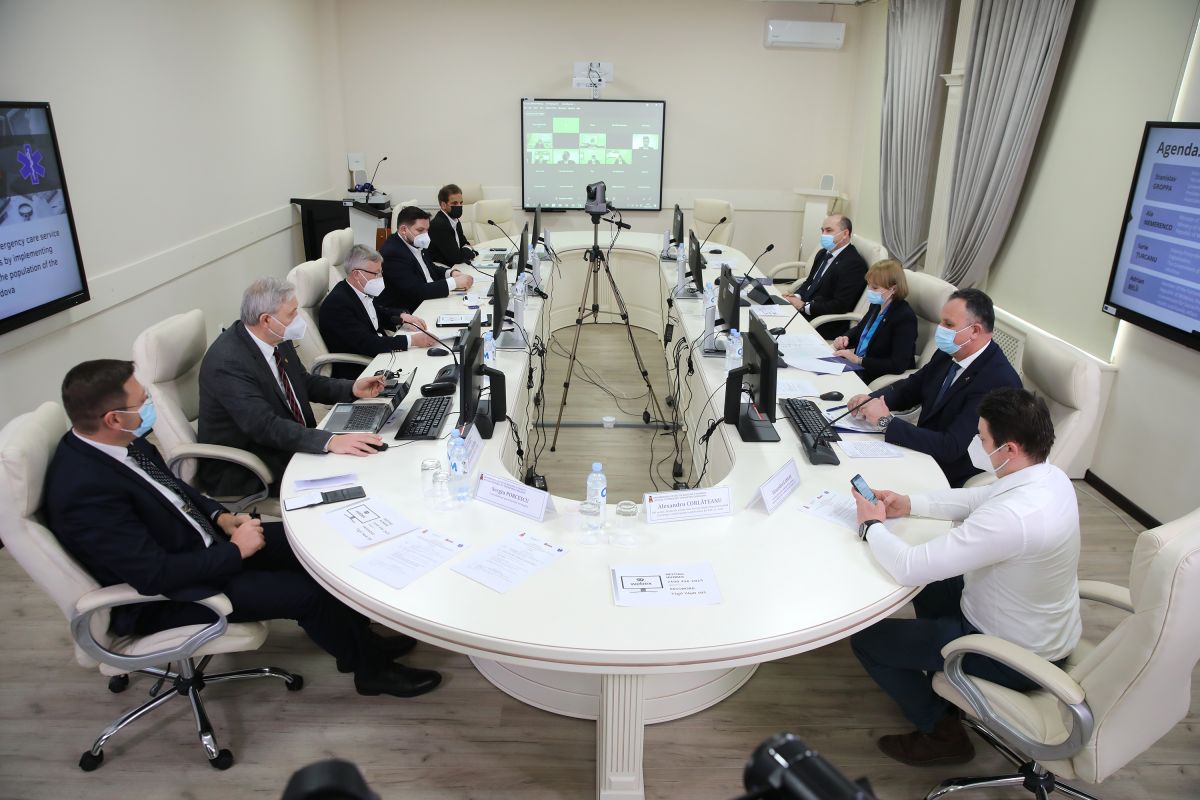
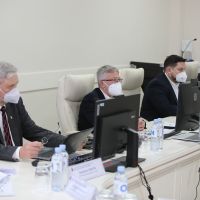
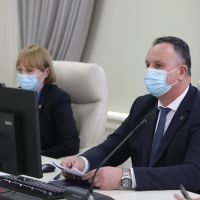
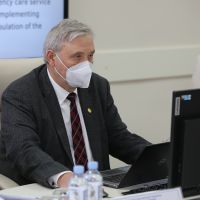
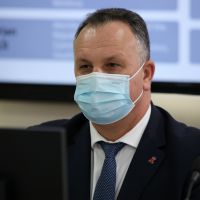
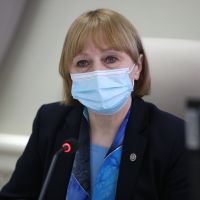
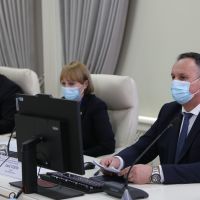
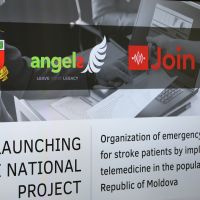
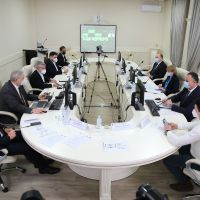
Comentarii